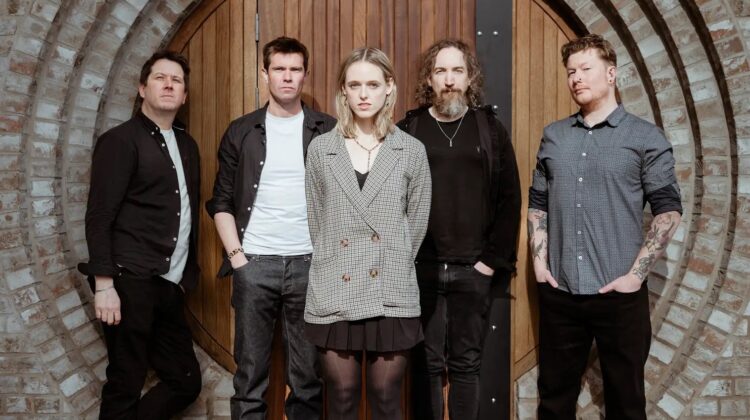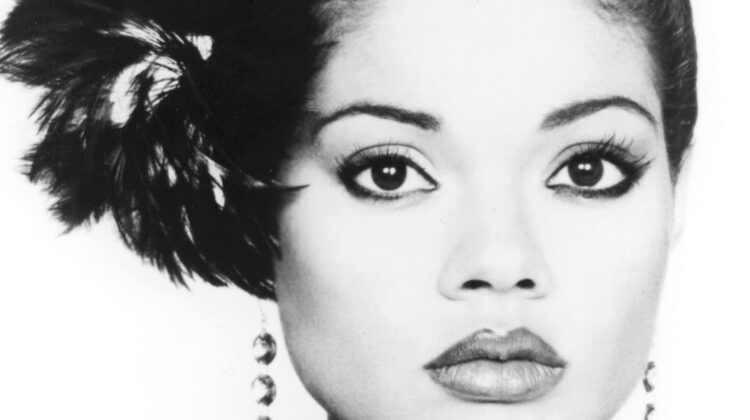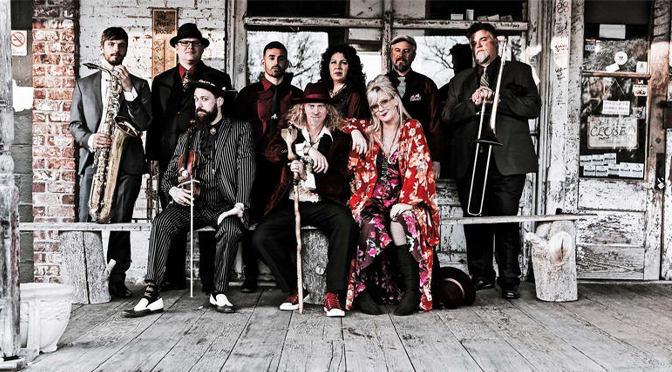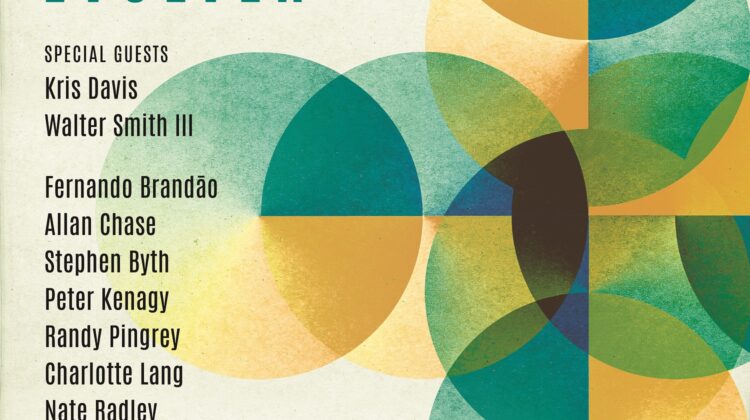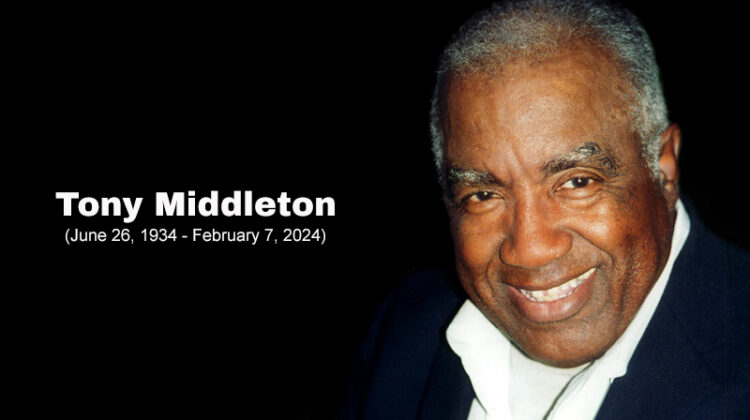Reggae superstar Bob Marley spoke of a “natural mystic blowing through the air” on one of his many hit songs.
Hristo Vitchev, the Bulgarian-born jazz wunderkind, also conveys a strong sense of the mystical and listeners get a fair taste of this aspect of things on his potent debut offering “Song For Messambria”, and on the duo project, “The Secrets Of An Angel”.
The material on “The Perperikon Suite”, Vitchev’s most recent recording, was first premiered at the 2010 edition of the Monterey Jazz Festival. The performance was well received by audiences and critics. This new CD succeeds in calling forth the sensations experienced by a pilgrimage to the sacred Thracian ancient city of Perperikon, located some 15km northeast of Kardzhali in Bulgaria. It is the indeed the oldest megalithic city to be found in the Balkans.
Utilising a pleasing quintet akin to that employed by the late piano maestro George Shearing, Hristo is joined by vibraphonist Christian Tamburr, drummer Joe DeRose, pianist Weber Iago and bassist Dan Robbins.
Hristo convincingly uses the colours of the instruments to paint portraits of his impressions of the ancient city. On “The Stone Passage”, dramatic tension is built into the bridge of the piece, and bassist Dan Robbins contributes an appropriately reflective solo. Everyone is in top-notch form but Vitchev’s guitar playing is the most attention-grabbing of all, by virtue of its sheer virtuosity and maturity. He does not come across as someone who has anything in particular to prove. Its just classy, visceral, jazz guitar playing.
In this wide-ranging interview from his home in California, Hristo spoke to Ejazznews about the CD, and life in the jazz lane.
John Stevenson: The Perperikon Suite has a very mature vibe to it, even as it reminds one of some of the 1970s projects associated with Keith Jarrett, Gary Burton and Pat Metheny. To what extent are you affected by that era of jazz music?
Hristo Vitchev: The early ECM recordings of Jarrett, Burton, and Metheny have always occupied a very special part in my heart. Their compositional styling as well as the particular tonal hues and shades they explore, are elements that really speak out to the musical sensibilities I hear and sympathize with. The particular use of space, ethereal like sounds, and suspended textures they seem to be categorized by, in my opinion, gives the music a very meditative sense and almost levitation like quality. To my mind, they symbolize the impressionism in jazz music. I’m really fascinated and influenced by that jazz era.
JS: There is a palpable mystical quality to your new suite. How important is Perperikon as a Bulgarian city, and how
does it fit into your own spiritual cosmology?
HV: From the first sketches of the suite I really wanted to capture (to my best ability) the feelings and sensations I experience when thinking about this very enchanting place. I wanted to bring out the mystery and sense of time past through the music. Perperikon was one of the most sacred Thracian cities. The Thracians are one of the civilizations (together with the Slavic tribes and Proto-Bulgarians) that gave birth to the Bulgarian state and therefore, Thracian history and mythology plays an important part in understanding Bulgarian culture and history. Personally, I have always been intrigued by the mythical, the mysterious, and the history of my own culture as well as other cultures. Perperikon seemed to contain all the elements needed to get my inner muse moving.
JS: On the Perperikon Suite, you have surrounded yourself with a distinctive sound palette. Why did the quintet format appeal to you? Were you reluctant to tell your story with horns?
HV: The quintet format has always aroused my interest. Especially the combination of three harmonic instruments (guitar, piano, and vibes). Even though there are tons of possibilities of harmonic clashes when the three instruments are present in the same ensemble, I believe that in this way each instrument has the ability to play less while never loosing the harmonic structure and fullness of the music. At the same time, the sonic space seems to grow in dimension as well as diversity. There is a record by Gary Burton (Like Minds) which features Chick Corea on piano, Pat Metheny on guitar, and Gary of course on vibes. I remember when I first heard the record I just fell in love with the sound. Later on, I went and transcribed the entire album note for note. It is actually the only CD I have worn out from so much playing! In terms of horns, funnily enough, I listen to tons of music that features all kinds of horn combinations, however, up to this date I don’t think I have ever formed a group that had a horn player in it. I think it has to do with the classical chamber music sensibility I really like. Sometimes, I just feel the metallic sound of the horn might be a little to edgy or bright for the pastel-like impressionistic colors I seek. But who knows, I’m sure I’ll find a way to add horns to my feature projects and I already have something in mind with an effect-processed flugel horn.
JS: Do you plan to tour in support of the Perperikon Suite?
HV: I definitely plan to take the music on the road if the opportunity presents itself. Sometimes the hardest thing for the independent musician is to make it economically possible to bring the music to different fans all around the world. I will get a lot of invitations from different festivals or clubs overseas and will love to go, but when there is no help with the travel expenses sometimes it just becomes impossible to make it happen. I will be doing a lot of promotion of the new record and plan to knock on a few doors. We will see what happens.
JS: Who have been your major influences as a guitarist?
HV: My influences are so vast I’m afraid it can take a few pages to name, but for some reason, I have to say I mainly listen to piano trio music. In terms of guitar, Pat Metheny is my hero. I love everything Pat has done throughout the years. Some of the people who I listen and admire the most are Keith Jarrett, Esbjorn Svensson (E.S.T.), Tord Gustavssen, Brad Mehldau and Gary Burton.
JS: What was it like headlining at the Monterey Jazz Festival last year? How prestigious a platform is it for a young jazz musician like yourself?
HV: Playing at the 53rd Monterey Jazz Festival last year was one of my life-long dreams come true. It was definitely a memory I will always carry with me. Just being at the festival grounds and seeing the who’s who of Jazz music walk by is an experience never to forget. Playing at the festival…just out of this world!
I was so inspired when I received the invitation to be a part of the line-up that I wrote the entire Perperikon Suite in about 2 weeks. I’m really grateful of the opportunity and do believe that the exposure the group got there was golden. A lot of other things became possible for me because of that one performance.
JS: What has it been like performing and recording as a jazz guitarist in California?
HV: I think being a jazz musician nowadays is not easy for anyone. The economy is not in its best shape to say the least, and a lot of great places that supported the music are closing down. Festivals are getting less funding and sponsorship each year, and so on. But at the end of the day, I believe the most important thing is to love what you do and put that love into anything you make. If people respond to it, great, and if they don’t…well, just keep going. I guess what I’m trying to say is that regardless of where we create our art (geographically) there are certain things that are always going to affect us in one way or another, and being able to tune them out and not let them distract us, can only aid our creative spirit. So far, California has been a great platform for me, with some great and exciting opportunities right in my backyard.
JS: You have a great simpatico with Brazilian pianist, Weber Iago. Why do think you and him perform so well together?
HV: When I first met Weber, [while both he and I played a gig backing a great Italian pop singer] I was blown away with his interpretation of harmony and rhythm. I remember hearing him warm up and play little improvisations in between tunes at rehearsals and thinking to myself; ‘if I ever become a piano player I want to sound just like this guy’. It was in a way hearing what I have always heard in my head but played on the piano. So I decided right then, when it comes time to make the first record I know who to call. Since then, we have been working together non-stop and it is always a blast to play with him.
JS: Drummer Joe DeRose brings a great Rock Music sensibility to the proceedings. Have you been playing with him for a long time?
HV: I have been playing with Joe DeRose for the last four years. Joe is a great drummer and can adapt very nicely and creatively to a wide array of genres. He leads his own hard-hitting jazz-fusion band “Joe DeRose and Amici” in which I have the pleasure to play guitar as well as compose music. I wanted to add more intense drum sounds and textures on “The Perperikon Suite” than on my debut album “Song for Messambria” and Joe did an excellent job.
JS: To what extent have you synthesized Bulgarian musical traditions into your sound? How does the music of the Roma people fit into this, if at all?
HV: Traditional Bulgarian folk music really fascinates me and is something I wish I had spent more time studying it. Unfortunately, when I started playing a musical instrument (guitar) I was 12 years old and the cool thing was to play heavy metal or rock. Kids at school didn’t fancy too much folk music, if you can imagine that. So my main experience with a musical instrument was mainly in the popular musical genres. It wasn’t until much later that I developed an interest for different kinds of music cultures and genres, and unfortunately I didn’t get to learn the essentials of my own musical heritage from the source. However, I think that just from listening, I have internalised certain nuances about melody and lyricism from Bulgarian folk music that are just now little by little showing up in my own compositions. The music of the Roma people has certain similarities to Bulgarian folk especially in the rhythmic department. The use of syncopation, odd meters, and types of rhythm articulation are very similar, and it is something I would love to explore more and more in the future, but I don’t think it has had any substantial effect on the music presented in The Perperikon Suite.

